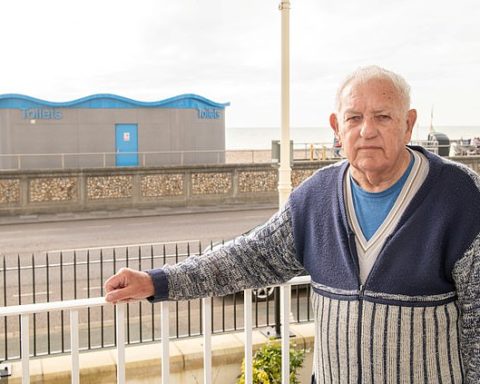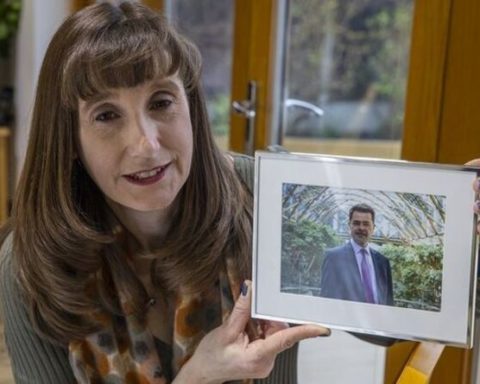Copenhagen has maintained the temporary suspension of its Oxford jab rollout to further investigate claims it causes blood clots. Originally the immunisation was paused for 14 days but Danish officials yesterday insisted they want more time to decide whether it is safe for use. Denmark became one of the first EU countries to suspend its AstraZeneca rollout after unsubstantiated claims over its safety.
Most European nations have resumed their programmes after the bloc’s medicines regulator the EMA deemed the Oxford jab safe and effective.
But Soeren Brostroem, head of the Danish Health Agency, claimed it was still “too uncertain” to restart the vaccine’s rollout.
He said: “Right now, we believe that our basis for making a final decision on the further use of the COVID-19 vaccine by AstraZeneca is too uncertain.
“Many studies have been launched, but we do not yet have any conclusions. That is why we have decided to extend the break.”
The Danes took the decision to stop using the AstraZeneca vaccine after reports a 60-year-old woman died with blood a week after he had received it.
A second person reportedly died after getting the jab, but health authorities across the world said they have found no evidence the shot was responsible for either death.
Tanja Erichsen, of the Danish Medicines Agency, said the decision to prolong the suspension “was made on the basis of presumed side effects”.
She added: “I would like to emphasise that I am not talking about ordinary blood clots.
“It is not about blood clots in the arms, legs and lungs.
“It can’t be ruled out that there is a connection between the vaccine and the very rare blood clot cases.”
The suspension will last until April 18 in Denmark, where 150,000 people have already received the AstraZeneca vaccine.
Sweden had also maintained its suspension but announced it would start vaccinating over-65s again.
MUST READ: Eurostar bailout crisis: Fears over ‘entirely wrong’ French state aid
She also said the EU had exported 77 million doses to 33 countries since December, making the bloc the world’s largest vaccine exporter.
But German Chancellor Angela Merkel suggested the bloc should focus on boosting production rather than confiscating life-saving vaccines destined for Britain.
She said: “The problem at the moment with the vaccine supply isn’t so much due to the question how much was ordered, but more about how much can be manufactured on European soil.
“Because we can clearly see: British manufacturing plants manufacture for Great Britain, the US aren’t exporting anything, and therefore we rely on what can be produced in Europe, and we have to expect this virus will preoccupy us for a long time.”
Mrs Merkel was leading a group of worried European capitals urging Brussels to back down on its threat to blockade.




